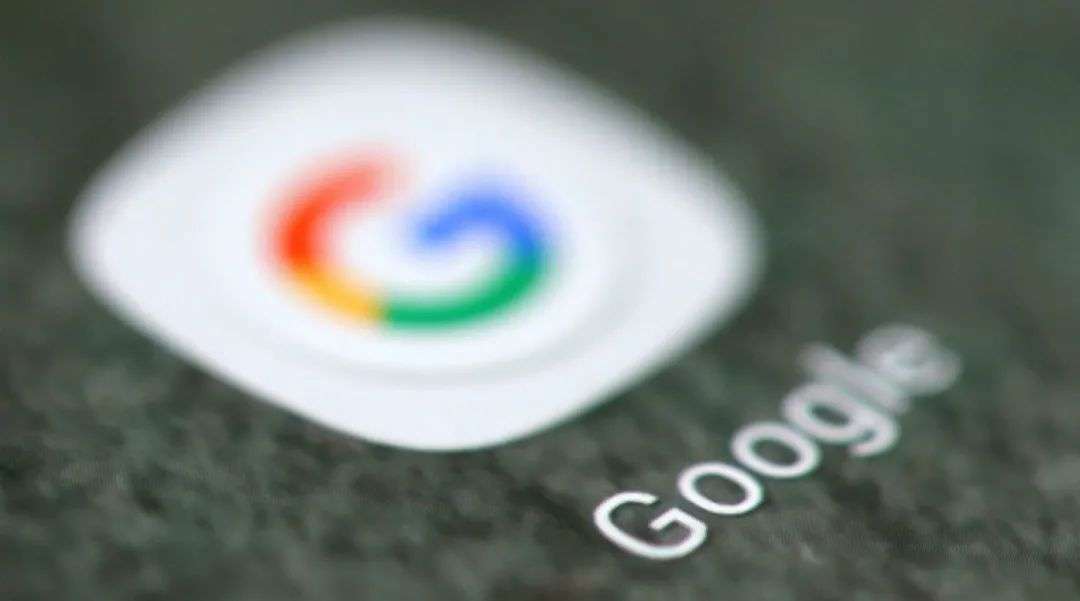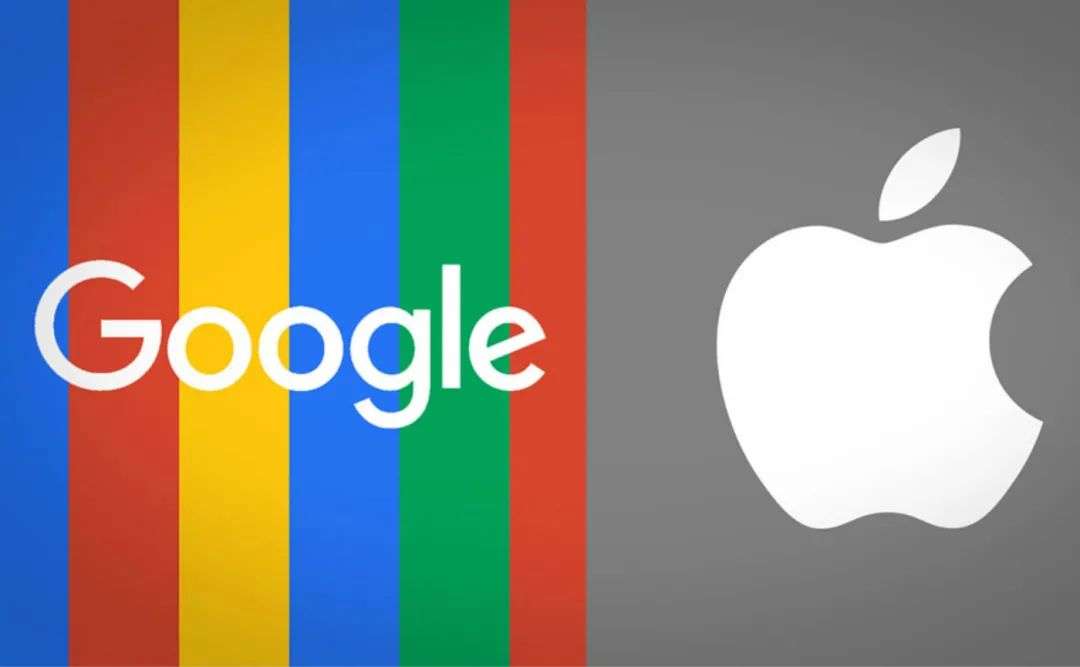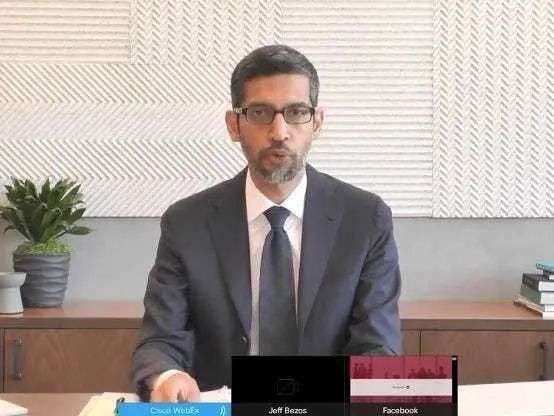The last time this level of antitrust lawsuits occurred in the United States dates back to 1998.
Editor’s note: This article is from the WeChat public account “Geek Park” (ID: geekpark), author Jesse .
The U.S. Department of Justice has attacked Google heavily.
On October 20, the U.S. Department of Justice filed an antitrust case, accusing Google of using anti-competitive methods to maintain its monopoly on search engines and online advertising. This is the most serious antitrust accusation made by the US government against technology companies since the 21st century.
This accusation has been brewing for a long time. As early as 2012, the US Federal Trade Commission (FTC) initiated a monopoly investigation against Google, but did not formally file a lawsuit. This time, the Ministry of Justice took over the jurisdiction of the case and restarted the investigation. In August last year, the Ministry of Justice began preparing to initiate an antitrust lawsuit against Google, and a year later, the lawsuit was officially launched.
The complaint was submitted to the U.S. Federal Court, which read: Google keeps its competitors out of the door to maintain its status as the “gatekeeper of the Internet.”
What does Google monopolize?
“Search engine” is the starting point of Google and the cornerstone of all businesses.
In 1996, Larry Page and Sergey Brin, who were still studying at Stanford University, invented a “webpage sorting algorithm” that can sort search results based on the number of times a webpage has been linked. It is the embryonic form of the Google search engine. That was the embryonic period of the Internet, and the concept of search engines was not mainstream. The relatively most popular search service came from Yahoo, a young company that was only two years old.
In 1998, Google was founded. Relying on the absolute leadership in technology, Google quickly became popular and became Yahoo’s search engine provider in 2000. At that time, Yahoo’s core business was portal websites. At the beginning of the 21st century when the Internet bubble just burst, they did not realize that “search” would become the most important button in the future Internet world.
In 2002, Yahoo had the opportunity to acquire Google for US$3 billion, but the Yahoo executives at that time did not approve the transaction. They still believed that “search” was not important.
Google’s market share continues to increase. Unconsciously, “Google it” has become synonymous with “search.” In 2006, Google surpassed Yahoo to become the most visited website in the world. While Google is winning in the search field, the entireThe Internet has also entered the “search era” from the “portal era”.
In the next 4 years, Google continued to maintain its momentum, gradually increasing its market share to 90%. According to Statcounter data, in the 10 years from 2010 to the present, Google’s market share in the search field has remained around 90%.
But Google’s ambitions are more than that simple. In 2006, Google acquired YouTube at a low price of US$1.65 billion. In 2008, Google launched the open-source Chrome browser and Android system, which respectively won the largest market share in their respective fields.
Chrome has captured nearly 70% of the browser market, consolidating Google’s absolute leading position in search. Android also occupies about 75% of the world’s smart phones, bringing a steady stream of users to Google services. YouTube has become one of Google’s most important advertising cash cows, covering 2 billion users worldwide, contributing more than $15 billion in revenue to Google each year, and growing rapidly at a compound annual growth rate of 35%.
Google has gained a large number of users through the Android system|Google
The absolute advantage of the search business, coupled with the market leadership of many products, Google has secured its seat as the “Internet king”. It is these advantages that have become the “key crimes” of Google’s monopoly.
In the US government’s allegations against Google, the core logic is: Google earns huge revenues through advertising, and then uses the money to pay mobile phone manufacturers, operators and browsers, making Google the platform for these platforms. Default search engine to consolidate its leading position and get more advertising revenue. According to analyst estimates, Google only pays $10 billion per year to Apple, and Google has always been the default search engine for Safari.
At the same time, Google can also use search engines to deliver traffic to its own products, such as YouTube, Chrome or Google Suite, to help these products gain a leading position. At the same time, the synergy between these products has strengthened Google’s ability to build user portraits and “monopolize traffic” and enhanceReport the efficiency of the platform and form more positive feedback between products.
Such a cycle has continuously strengthened Google’s dominance in the search engine field.
Who is Google’s opponent?
Google is far more than the Ministry of Justice.
All state judicial agencies in the United States are conducting independent monopoly investigations against Google. The attorney generals of 11 states have joined the Justice Department’s lawsuit, and more states may join in the future.
The U.S. Department of Justice and state judicial agencies are continuing to investigate Google’s advertising business, reviewing its use of products and technology to hold monopoly power in the field of digital advertising. The government said that Google has controlled more than 80% of the information retrieval and query channels in the United States, resulting in a lack of competition in this industry, and the price of advertising has risen accordingly.
Google has also been the number one target of European antitrust agencies. In the past few years, European regulators have filed three antitrust complaints against Google. They have issued fines totaling US$9 billion for “manipulating search results to suppress rivals” and “using Android to pre-install their own apps”. . Google also made some changes afterwards, but this did not have a significant impact on Google’s business model.
Google pays $10 billion to Apple every year to become the iPhone’s default search engine|Google
Some competitors have also formed a “condemnation army” against Google.
Restaurant review site Yelp and travel information site Tripadvisor (TripAdvisor), both deepAffected by the development of Google’s business. They provide information search services for a certain vertical field, but more and more users begin to search everything directly on Google. Google also takes advantage of the trend to integrate a lot of information and display it in search results. For example, when a user searches for a restaurant, the right side of the page will directly display the restaurant’s basic information, map, evaluation, and dish pictures. This “one-stop experience” sucked away a lot of data-id=”304889″ data-name=”Direct Letter” data-logo=”https://img. 36krcdn.com/20200729/v2_50efb739775f49d6bce5c77fb606ecfa_img_000″ data-refer-type=”2″ href=”https://36kr.com/projectDetails/304889″ target=”_blank”>Direct information information website traffic.
Many news sites have long been dissatisfied with Google. Google’s leadership in the search field allows it to target search engine users with the most accurate advertising, and then take the lead in the web advertising market. Many news websites have almost no other choice but to hang Google’s ad plug-ins on their websites. This gives Google a strong bargaining power.
Although the lawsuit filed by the Department of Justice does not address disputes in these subdivisions, it may still set a precedent to provide support for these small businesses to confront Google. In evaluating the lawsuit, Tripadvisor stated that it was a “very meaningful framework for action,” and the CEO of the parent company of the Wall Street Journal also stated that it was “very happy to see the Department of Justice have started.”
In the face of severe accusations from the government and competitors, Google has no room to retreat.
Google issued a public statement stating that the Justice Department’s lawsuit was “full of loopholes.” Google stated that “people use Google as a result of their own choice, not being forced to use or find alternative products.” Regarding the accusation of paying Apple to become the default search engine, Google said, “It’s like cereal companies paying supermarkets to put their products on shelves in a more prominent position. Google, like countless companies, will pay to promote their services. .”
What is the future of Google?
The key to “overwhelming” Google on the issue of monopoly is to redefine the core logic of “monopoly.”
In 1890, the United States adopted the “Sherman Antitrust Act”, It was used to counter the standard oil trust company’s monopoly on energy, minerals, agriculture, transportation and other markets at that time. At that time, the key sign and the biggest harm of an industry being monopolized was “price increase”. Because of the lack of competitors, the trust that formed the monopoly would have the right to set prices at will.
But in the Internet industry, this is not the case. Most of Google’s software services are free, and there will be no price increases ultimately caused by traditional monopoly, which will harm the interests of consumers. This is one of the key reasons why the FTC finally decided to abandon the antitrust lawsuit against Google 7 years ago.
Google also stated in rebutting the lawsuit that if the monopoly charge is confirmed, Google will have to increase the price of software and hardware to cope with changes in the business structure.
But today, the situation is different. With the rise of the mobile Internet, Google’s daily website visits increased to nearly four times that of the time, its annual income was three times that of the time, and its market value increased to four times that of the time. As a company with a market value of more than one trillion U.S. dollars, Google has gradually shown its “trust” temperament.
Moreover, people are beginning to realize that for those seemingly free Internet products, users actually paid for “data”. More and more companies and institutions are beginning to emphasize the value of data and restrict the behavior of Internet products to obtain data.
The lawsuit filed by the Department of Justice has just started, and it may take several years to get a result. But the current US Attorney General William Barr (William Barr) is trying to advance the progress of the lawsuit as quickly as possible. According to the Wall Street Journal, Barr is very interested in investigating the monopoly of technology companies, and he personally promoted the Google case.
On the other hand, the upcoming presidential election will determine who will “lead” the lawsuit. Democratic presidential candidateBiden declined to comment specifically on the lawsuit, but he still stated his position, saying that the U.S. economy is becoming more and more concentrated, and this monopoly power is threatening U.S. competition, choice, The values of common prosperity.
At the same time, the Republicans are also interested in suppressing technology companies. The 11 state attorneys general involved in the lawsuit are all Republicans. It seems that no matter who is elected president, Google will face considerable pressure.
Sundar Pichai participated in the Congressional hearing in July this year
This lawsuit will also be a “weathervane” for the US government to restrict other technology giants.
In the past few years, the U.S. government has launched extensive investigations into technology giants. In July of this year, the House of Representatives convened an antitrust hearing on the four giants of Google, Apple, FB, and Amazon. If Google’s monopoly charges are confirmed, the other three giants may also face similar investigations and charges.
Conversely, if Google wins, it may also lead to restrictions on antitrust investigations against other technology giants. However, this may stimulate Congress to adopt new legislative measures against monopolistic behavior in the technology sector.
At present, the Department of Justice has not proposed specific punishment measures in the complaint. The penalties that Google may face, ranging from minor to severe, may include fines, forced changes in business operations, and even forced splits. An official of the Ministry of Justice stated that nothing is impossible.
The Deputy Secretary of Justice of the United States said, “If the government does not restrict Google through antitrust laws, we may not see the next wave of technological innovation. The United States will not give birth to the next Google.”
The last time this level of antitrust lawsuits occurred in the United States dates back to 1998. At the time, the target of the government’s accusation was Microsoft.
That was the first time the U.S. government tried to limit the power of tech giants. In 2002, the government and Microsoft reached a settlement. The latter changed some business development strategies, including opening up the IE browser’s toolbar function to make it easier for users to use third-party search engines.
It was Google who accused Microsoft of monopolizing the search function.


